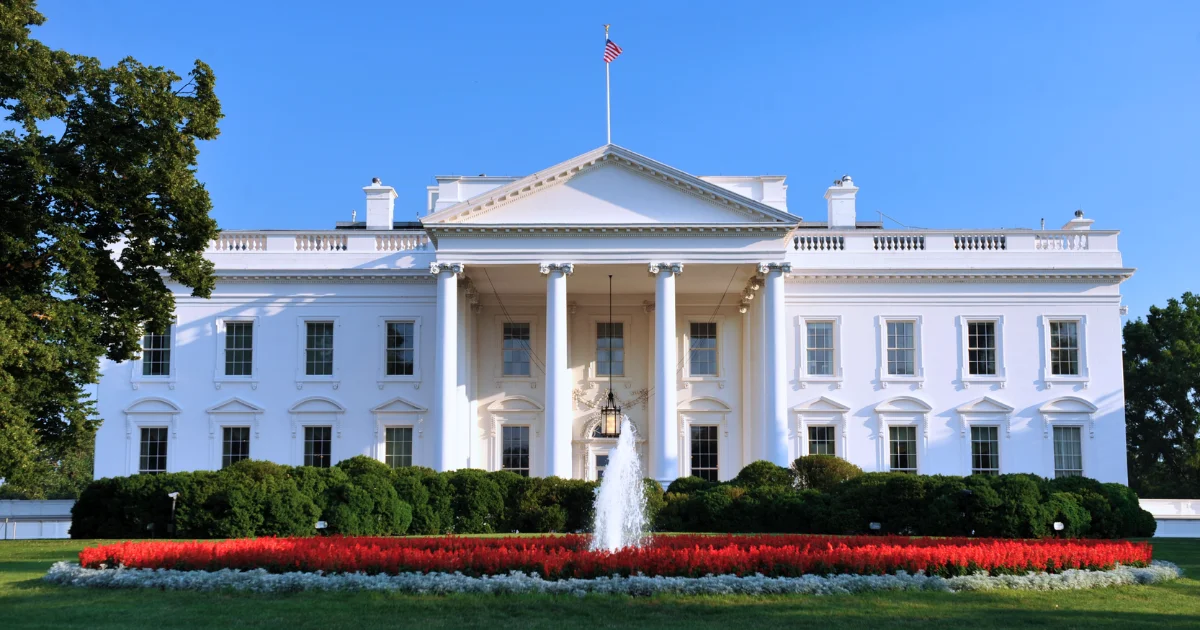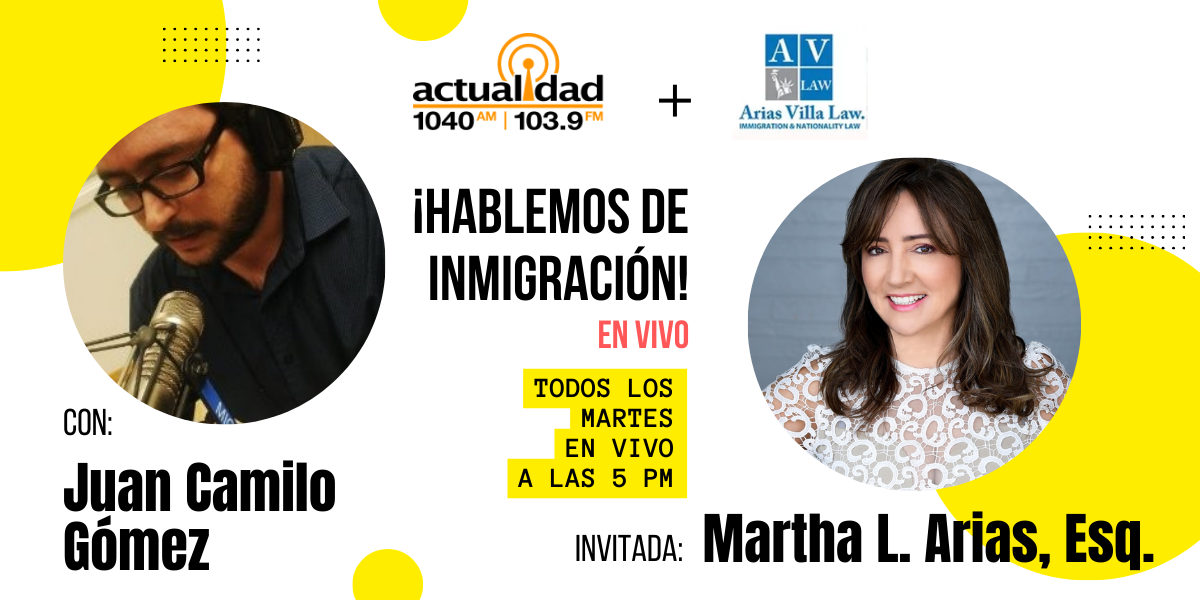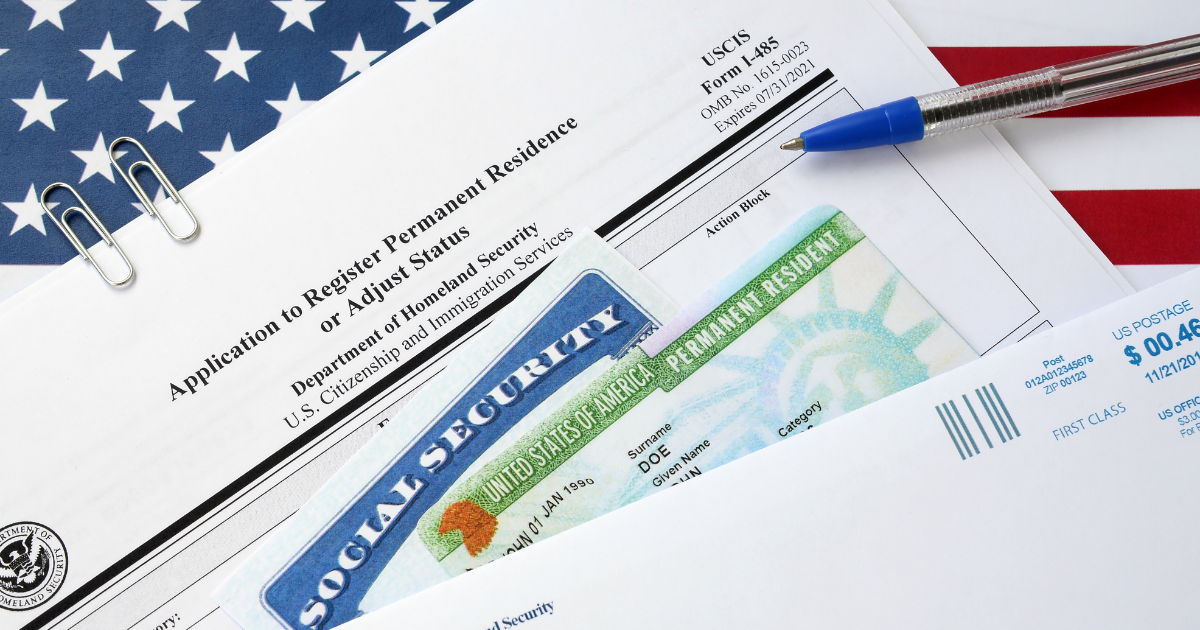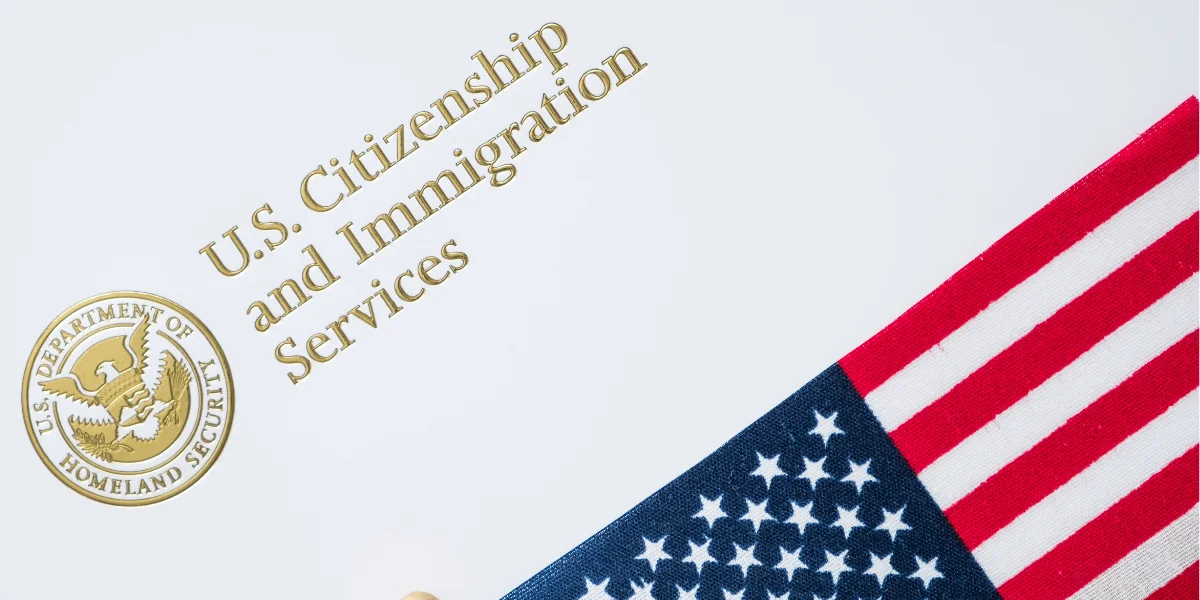The Department of Homeland Security (DHS) recently unveiled a novel approach for the reuniting of families, specifically focusing on certain individuals from Ecuador. This announcement reflects the Biden-Harris Administration’s strategic commitment to melding expanded legitimate pathways with enhanced enforcement mechanisms aimed at mitigating irregular migration. These Family Reunification Parole processes champion the cause of family unity and are an integral part of the comprehensive measures introduced by the DHS and the Department of State in April. These measures align with the goals articulated in the Los Angeles Declaration on Migration and Protection, which seeks to fortify national, regional, and hemispheric endeavors in creating the conditions necessary for safe, organized, compassionate, and regulated migration.
This fresh procedure is tailored to certain Ecuadorian nationals whose close relatives are U.S. citizens or lawful permanent residents and have obtained approval to join their family in the United States. To be specific, Ecuadorian nationals and their immediate family members can be considered for parole on an individualized basis, for a duration of up to three years, while they await the opportunity to apply for lawful permanent resident status.
Secretary of Homeland Security, Alejandro N. Mayorkas, emphasized the compatibility of the Family Reunification Parole process with our laws and values. He stated, “Establishing this process for certain Ecuadorian nationals will ensure more families can access legitimate pathways, rather than relying on smugglers for a perilous journey. Those who do not avail themselves of family reunification parole or other lawful, secure, and systematic routes and attempt unlawful entry into the United States will continue to face severe consequences.”
Eligible Ecuadorian nationals, who are beneficiaries of an approved Form I-130, Petition for Alien Relative, may be candidates for parole under this innovative procedure. Qualifying beneficiaries must be residing outside the United States, meet all specified criteria, including comprehensive screening and vetting, and must not have already received an immigrant visa.
The initiation of the Family Reunification Parole process commences with the Department of State extending an invitation to the U.S. citizen or lawful permanent resident family member who petitioned on behalf of an Ecuadorian beneficiary with an approved Form I-130. Beneficiaries, who are awaiting an immigrant visa, may include specific children and siblings of U.S. citizens, along with certain spouses and children of lawful permanent residents. The petitioner who receives the invitation can then set the process in motion by submitting a request on behalf of the beneficiary and eligible family members, seeking advance travel authorization and parole.
This parole procedure exclusively operates on an individualized and temporary basis, contingent on the demonstration of compelling humanitarian reasons or significant public benefits, in addition to substantiating the beneficiary’s entitlement to a favorable exercise of discretion. Individuals paroled into the United States through this avenue will generally be eligible for parole for a period of up to three years and will also have the option to request authorization for employment while awaiting their immigrant visa. Once their immigrant visa becomes available, they may proceed with the application for lawful permanent residency.
The Immigration and Nationality Act grants the Secretary of Homeland Security discretionary authority to parole applicants temporarily into the United States, on a case-by-case basis, for reasons of pressing humanitarian urgency or substantial public good. Past Secretaries, spanning across various administrations, have exercised this parole authority to institute other family reunification parole processes, managed by U.S. Citizenship and Immigration Services. Notable examples include the Cuban Family Reunification Parole Program in 2007 and the Haitian Family Reunification Parole Program in 2014. In July, DHS announced new Family Reunification Parole processes for Colombia, El Salvador, Guatemala, and Honduras, and in August, modernized the existing processes for Cuba and Haiti.
The official notification for this Family Reunification Parole process will soon be published in the Federal Register, furnishing comprehensive insights into the application procedures and eligibility prerequisites.











